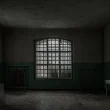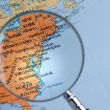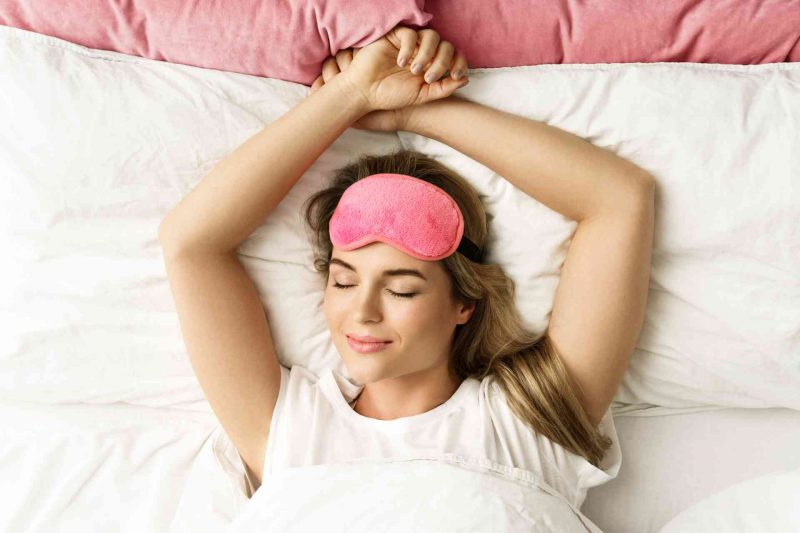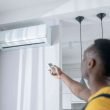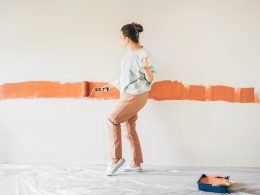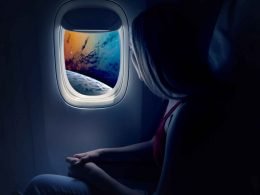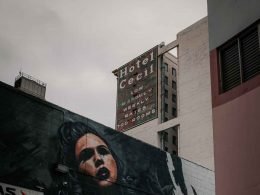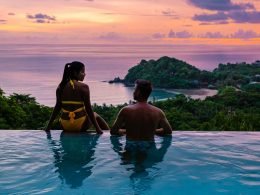A vacation can be many different things for many different people. Some people see vacation as an opportunity to cram their itinerary full of events and try to stay as busy as possible. Other people want to do nothing more than plop themselves in the sand with a cold drink in their hand and listen to the waves crash against the shore.
However, a new type of vacation is emerging in the travel and tourism industry. Sleep tourism is on the rise, and more and more people are taking the idea of a relaxing vacation to the next level.
So, could you benefit from focusing your next vacation around optimizing your sleep? Let’s find out!

What Is Sleep Tourism?
Sleep tourism is a vacation experience that revolves entirely around the need for sleep. Hotels, resorts, and sleep retreats are popping up worldwide, offering guests a premium experience to help them recharge.
Some services include scented pillow mists, bedtime teas, weighted blankets, and meditation recordings to help put you to sleep.
Some of these vacations can even track guests’ sleep patterns for two or three days. They’ll then review the results to help identify guests’ potential sleep disorders. This can help guests get the best possible sleep once they return to normal life after their sleep-cation.
What Is the Purpose of Sleep Tourism?
We live in a time when stress, anxiety, and depression are all too common. Many people run ragged throughout the week and then crash on the weekends.
Sleep tourism helps to break this pattern. The goal is to help people see the importance of caring for themselves and that sleep is essential to their overall health.
You may be fine not getting enough sleep for a night or two, but your quality of life will suffer when a night or two becomes months and years.
Professionals at the Cleveland Clinic share that sleep deprivation can cause high blood pressure, diabetes, heart attack, heart failure, and stroke.
In addition, those who don’t get enough sleep often experience obesity, depression, lower sex drive, and reduced immune system function.
Sleep tourism aims to help individuals identify how to maximize their sleep and get the best rest possible. If doing so requires listening to specific music, using essential oils, or using a high-tech pillow, the increase in your overall health is probably worth it!
HOT TIP
Check out the 10 Most Affordable Winter Vacation Spots
Why Is Sleep Tourism Booming?
Sleep tourism is booming because many people frequently work on the weekends. One can only sustain this pattern for so long before it affects an individual’s overall health. Travelers want to prioritize their health and look for ways to get the best rest possible.
According to WTOP News, Dr. Rebecca Robbins, an author and sleep researcher, said, “Now, I think there’s just been a huge seismic shift in our collective awareness and prioritization on wellness and well-being.” The pandemic greatly affected the sleeping habits of people worldwide.
According to the Journal of Clinical Sleep Medicine, 40% of the 2,500 adults they studied cited a lack of quality sleep during and after the pandemic. People want to live longer and healthier lives, and many have realized the importance of a quality night’s rest.
Getting into some unique experiences that sleep tourism provides can kickstart healthy sleeping habits. It can give individuals the tools and resources to continue healthy sleeping habits at home.
Where Are People Traveling to for Sleep Tourism?
You can find sleep tourism destinations all over the world. The Park Hyatt New York opened the Bryte Restorative Sleep Suite. Additionally, Rosewood Hotels & Resorts offers retreats in the United States, Mexico, France, China, and many more countries.
Some locations may require pretty deep pockets, but they can provide the best services and experiences to help guests maximize their sleep while at the retreat and once they return home.
Does Sleep Tourism Have to Be Far Away and in Fancy Hotels?
While we’d all love to hop on a jet and fly to some remote island with an all-inclusive experience to focus on relaxing and maximizing our sleep, it’s not always practical.
Many of us will have to settle for a “sleep staycation” at home. You can do this by focusing on creating a relaxing atmosphere in your home that you can regularly enjoy. This will be a fraction of the cost and more realistic for most of us.
If you have kids, you could plan a night where they stay with family or friends. If that’s not possible, you could make the time immediately after putting them to bed. It may even be an excuse to put them to bed early or give them a special treat of watching a movie while they fall asleep.
You can then use pillow mists, essential oils, and relaxing sleep meditation sounds to help you relax and reach the deepest sleep possible. Feel free to use your imagination to picture yourself in a tropical paradise.

How Do You Prioritize Sleep?
Like many positive changes in your health, it requires a plan. Healthy eating or sleeping habits don’t just come about naturally. Humans should get approximately eight hours of sleep each night, with which the Sleep Foundation agrees.
To prioritize your sleep, you must build it into your schedule. Set a bedtime for yourself and stick to it. Don’t allow yourself to watch just one more episode of the show you’re into.
On the other hand, it’s also important to set a wake time. Try to get up at the same time each day. This helps train your body and get into a consistent routine. Eventually, your body will start naturally preparing you for sleep at the same time each day.
It’s also a good idea to avoid the bright lights of cellphones, tablets, and laptops just before bed. The bright lights can make it challenging for your body to relax.
You also process a tremendous amount of information while on your devices. So put your phone on the charger and allow your brain to shift towards sleep an hour before bed.
What Is the Healthiest Time to Sleep?
Since most adults should get seven to nine hours of sleep, they should aim to go to bed between 8 and 11 p.m., depending on when they need to wake up.
This is the healthiest time because the sun has typically set, which helps your body to start the natural shift towards resting at the end of the day. However, not everyone works first or second-shift schedules.

If you are one of the millions of workers who work overnight and sleep during the day, you’ll need to plan your sleep schedule a bit differently. You’ll still need at least seven to nine hours of sleep, but you’ll do it during the daytime.
This might mean investing in blackout shades to help minimize the light that comes into the room. Try to set up a routine when you get off work to help your body prepare for the healthiest sleep possible.
Is Sleep Tourism a Trend That Will Last?
Being healthy and taking care of our bodies has become increasingly popular. As science in medicine evolves, and we begin to get more data that reveals the importance of healthful living, people will likely change some habits.
However, not everyone will spend their precious and limited vacation time on a sleep tourism destination. While they may not get to travel to a fancy resort, they’ll likely adjust their habits from home and implement sleeping aids to help them get the best rest possible.
So, when is your next sleep-cation?
If You Want the Latest Travel News, Join Our Mailing List
Don’t rely on biased RV industry news sources to keep you informed. Stick with Nomadic News. We publish articles and breaking stories that matter to you every weekday.

